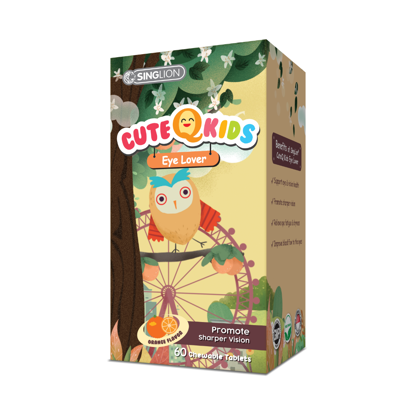A gluten-free diet is a diet that does not contain the protein gluten. Gluten is a group of proteins that is present in grains such as wheat, barley, and rye. Those who are suffering from celiac disease and other conditions associated with gluten are encouraged to have a gluten-free diet. However, this diet is also common among healthy people because it claims to improve one’s health and help in weight loss. Removing gluten entirely from your diet can set you up for some nutritional deficiencies as you will be giving up foods that contain fiber, vitamins and other nutrients.
Who Should Go Gluten-free?
People who are suffering from the following conditions should go on a gluten-free diet:
Celiac disease (an autoimmune disorder) – A disease in which gluten affects the development of the immune system and damages the small intestine lining. This can prevent the absorption of nutrients over time. As a result, it causes malnutrition as the body does not have enough nutrients.
Gluten ataxia – A condition that affects nerve tissues and causes problems with muscle control and movement.
Wheat allergy – An immune system condition where our body mistakenly treats gluten as a foreign substance such as virus or bacteria thus causing the body to produce antibodies to the protein. As a result, the body feels congested and will cause difficulties in breathing.
What Does the Gluten-Free Diet Consist Of?
Fresh foods:
• Fruits and vegetables
• Beans, seeds, and nuts
• Eggs
• Lean, non-processed meats, fish and poultry
• Low-fat dairy products
Grains, starches or flours that you can consume:
• Corn and cornmeal
• Gluten-free flours
• Quinoa
• Rice
• Soy
• Tapioca
• Amaranth
Foods that you should avoid:
• Wheat
• Rye
• Barley
• Oats (in some cases)
A free-labeled oat cannot be tolerated by some people with celiac disease.
You should always read the labels whenever you are buying processed food. Foods that contain wheat, barley or rye are usually labeled with the name of the grain.
What Are the Risks of Going on a Gluten-Free Diet?
A gluten-free food generally contains a natural or enriched source of the following:
• Iron
• Calcium
• Niacin
• Fiber
• Riboflavin
• Thiamin
In short, you will experience a change in nutrient intake if you are practicing a gluten-free diet. Some of the gluten-free bread have different levels of nutrients compared to their replacement products. It may also have a lower sugar or fat content than the substituted gluten-containing products.
All in all, it is important for you to talk to your doctor or dietitian before going on a gluten-free diet as they will be able to give you advice with positive outcomes.
Reference:
1. Bascuñán, K. A., Vespa, M. C., & Araya, M. (2017). Celiac disease: understanding the gluten-free diet. European Journal of Nutrition. https://doi.org/10.1007/s00394-016-1238-5






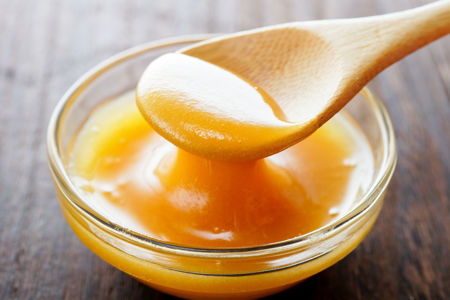
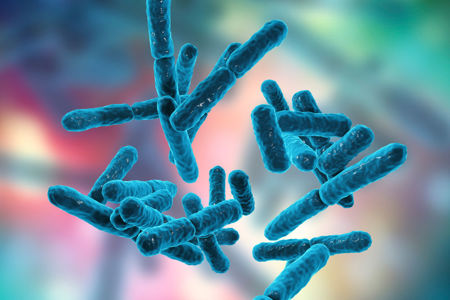
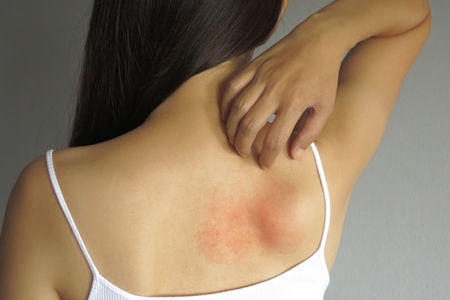
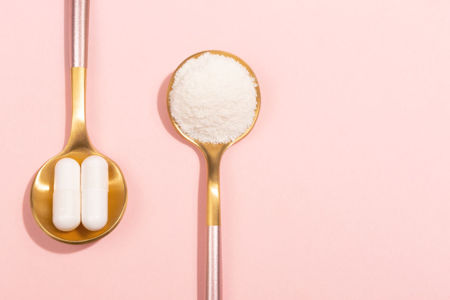

![[BUNDLE OF 2] Singlion Vitamin C + Lutein + Zinc Effervescent](https://www.vitasg.sg/images/thumbs/0002225_bundle-of-2-singlion-vitamin-c-lutein-zinc-effervescent_415.jpeg)




